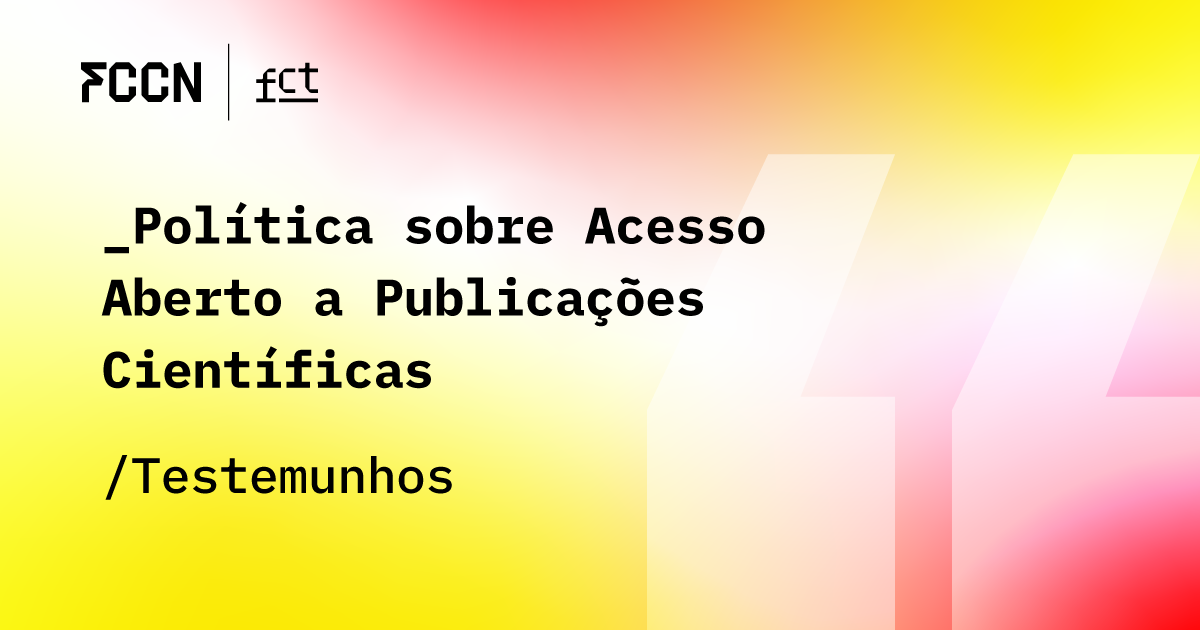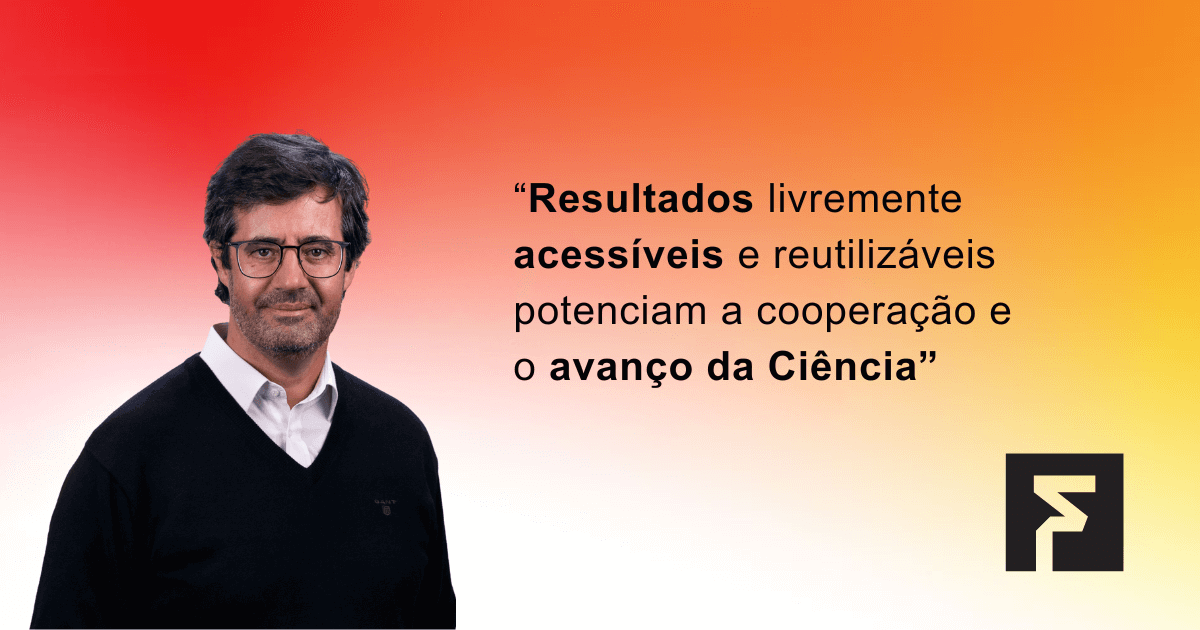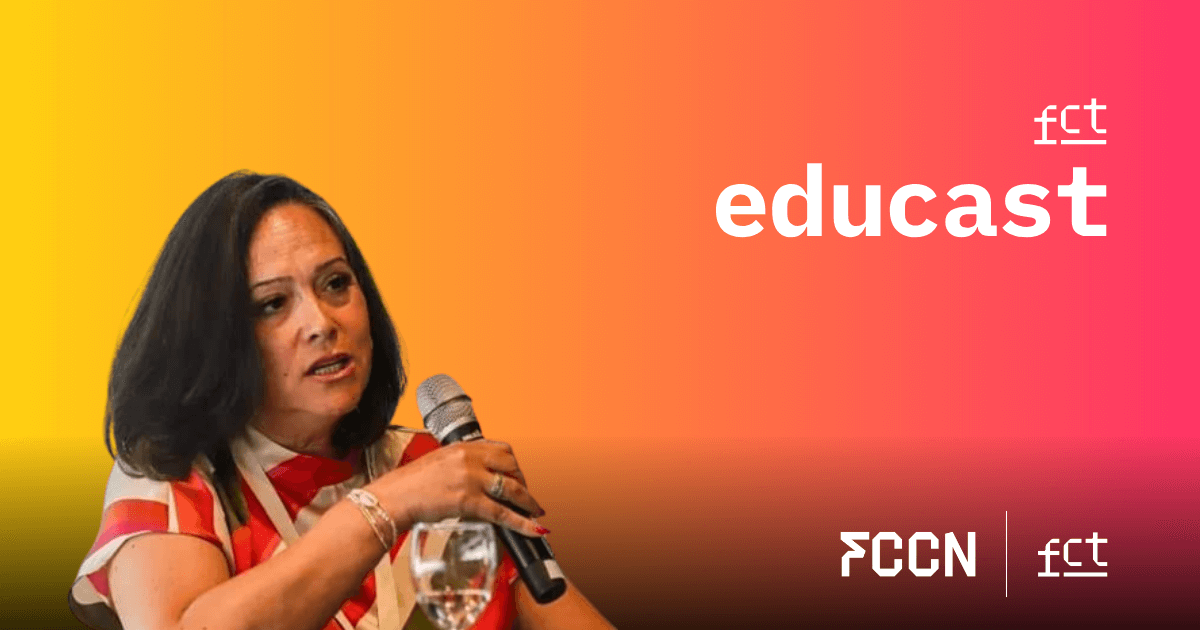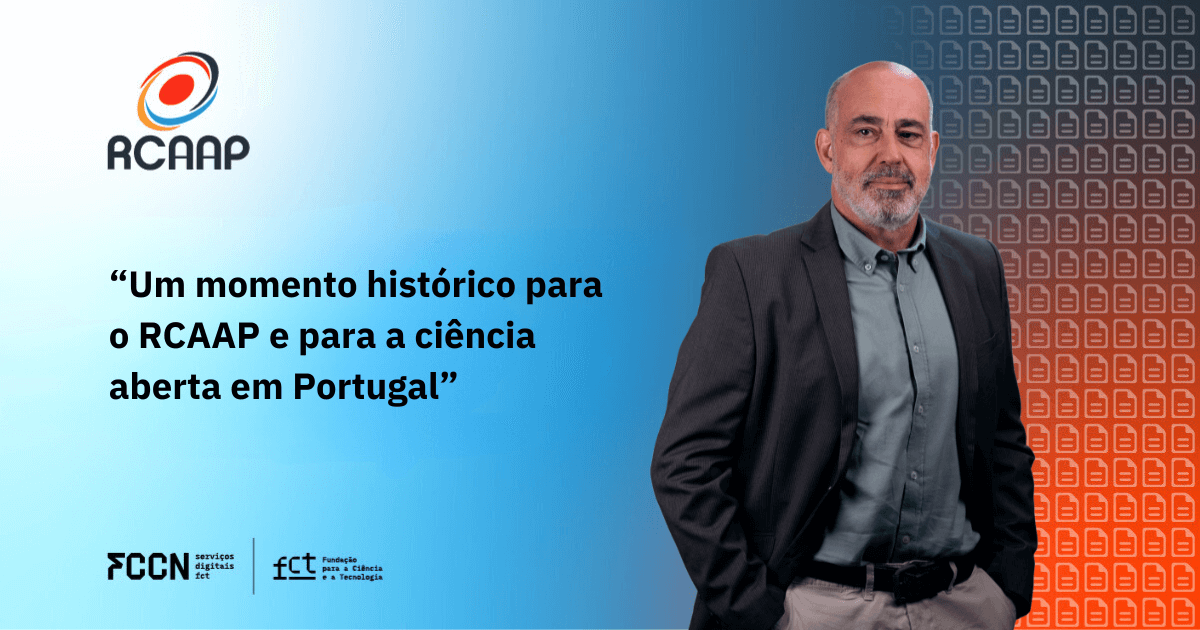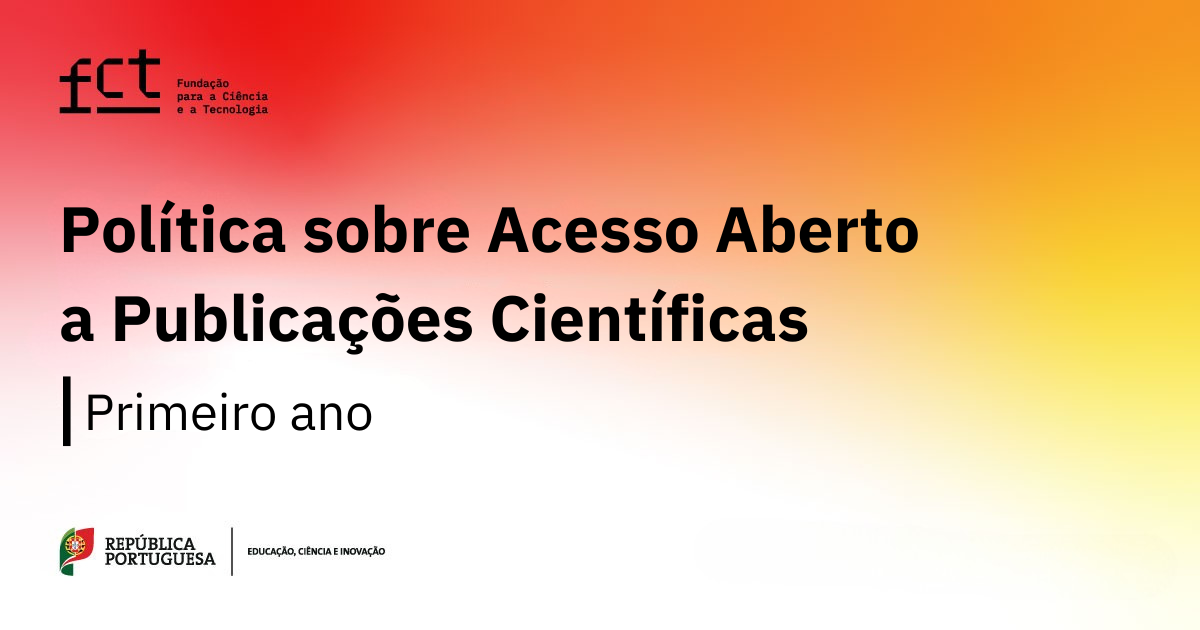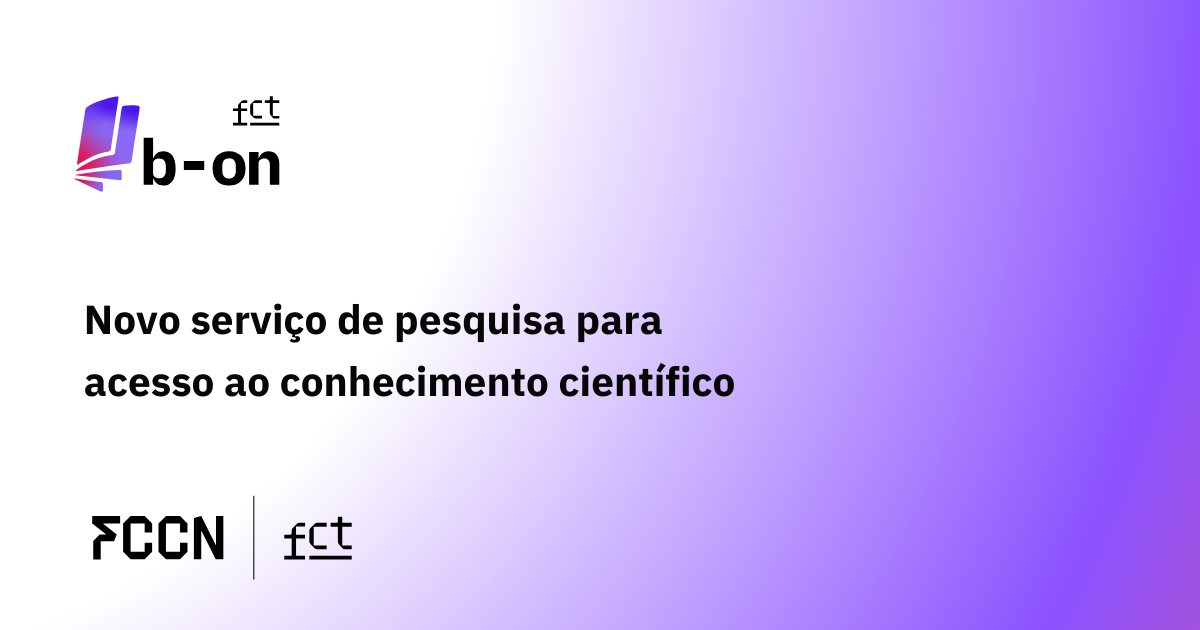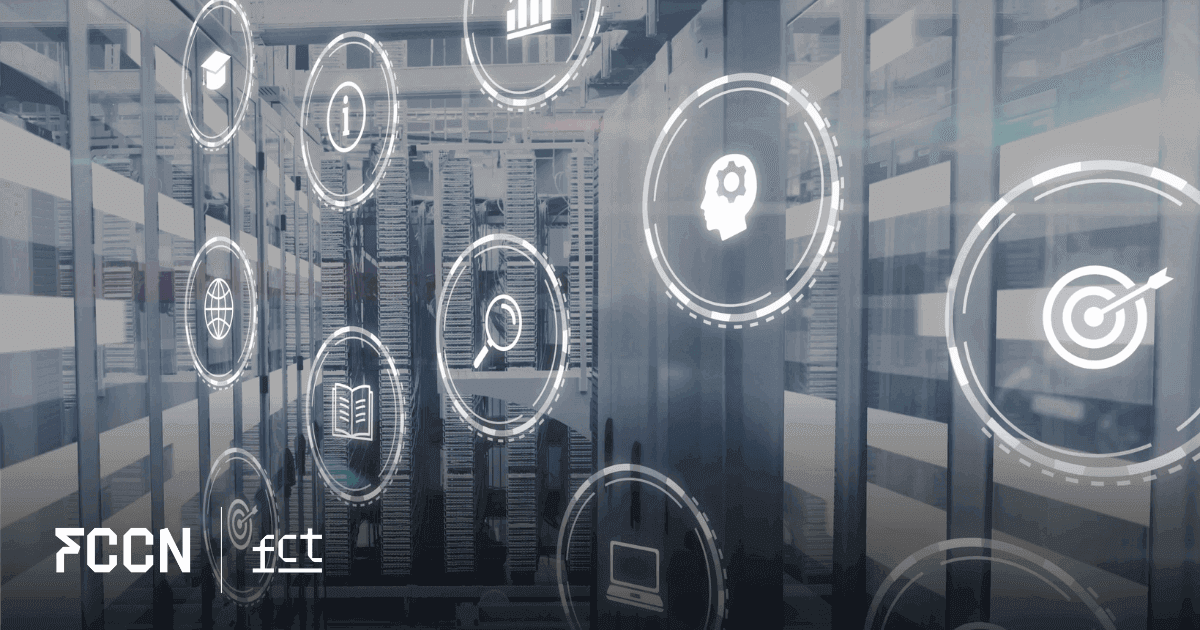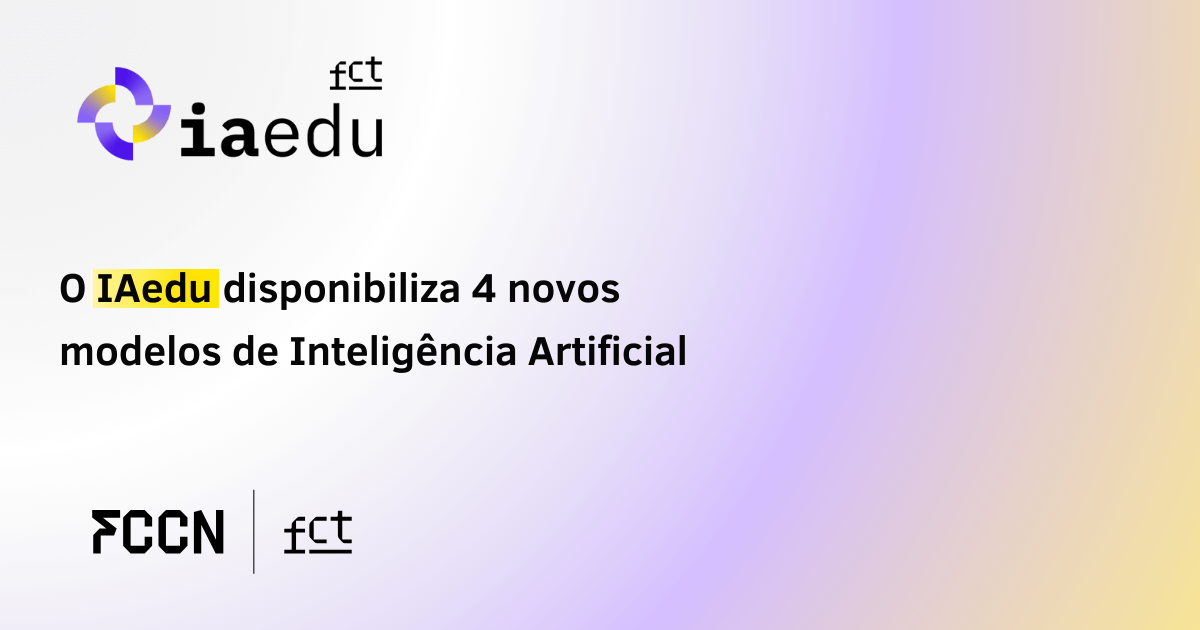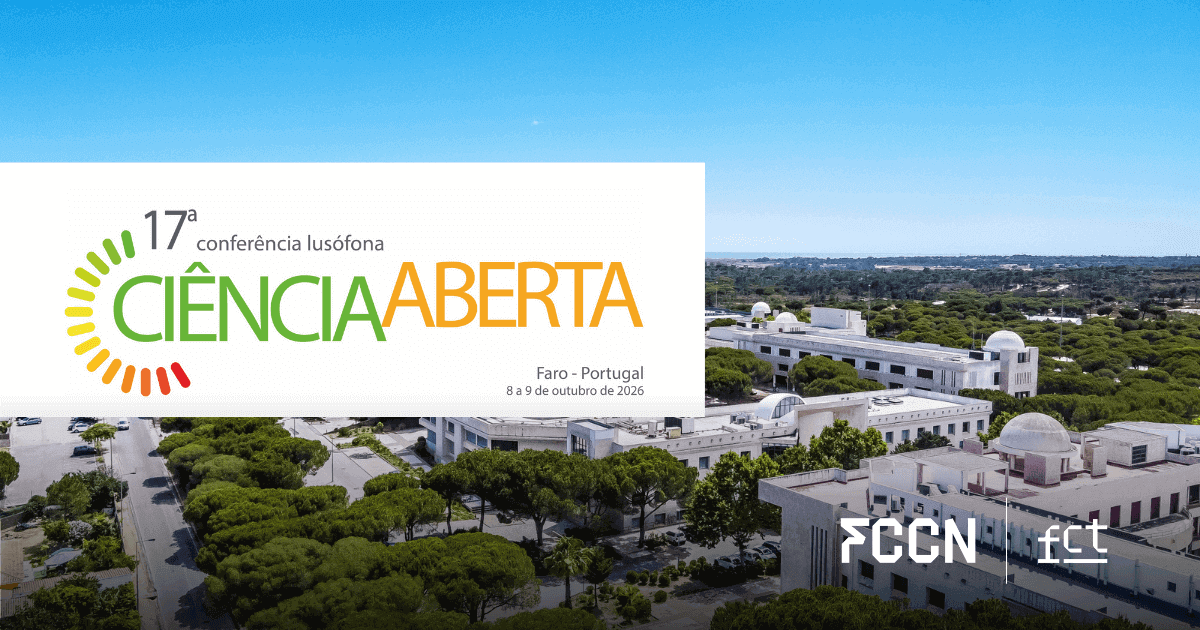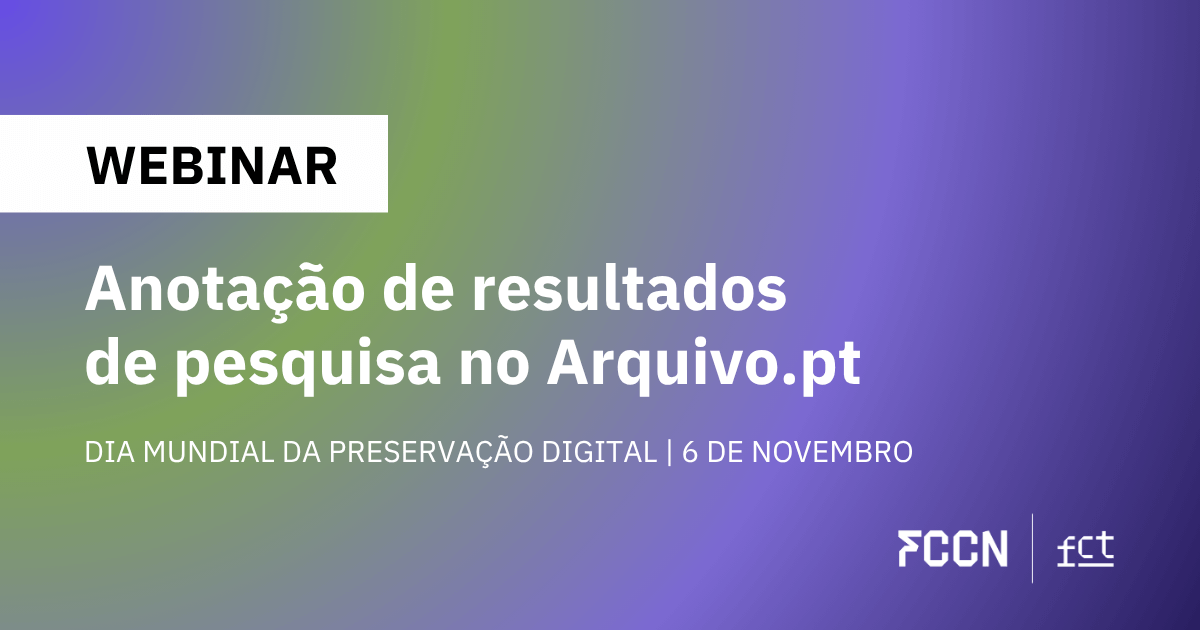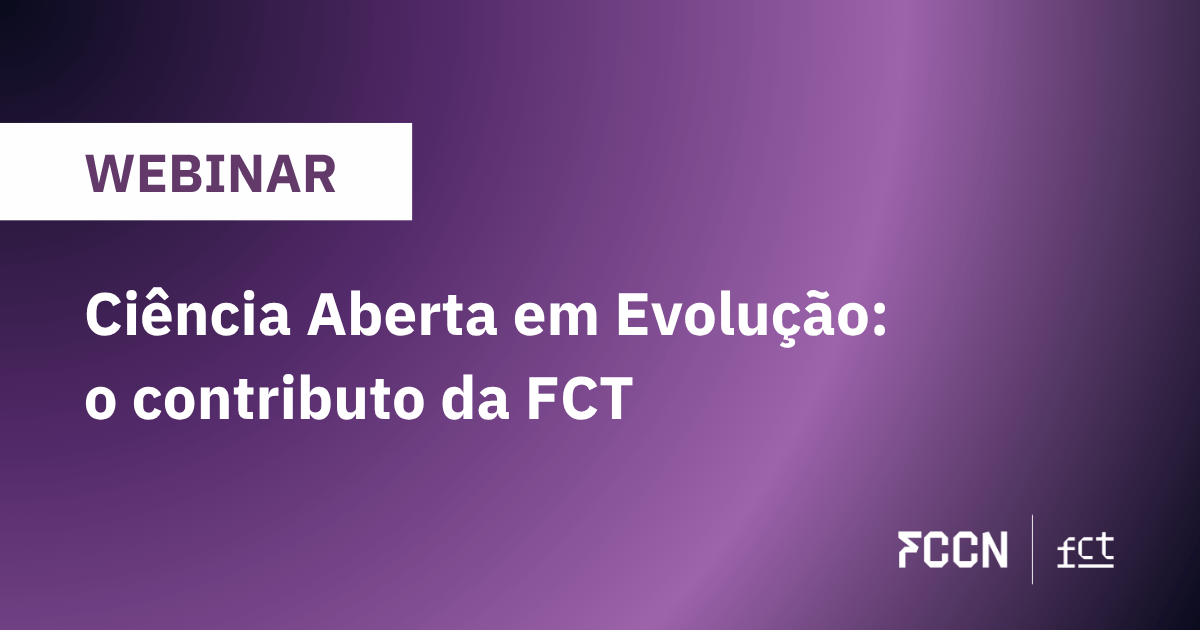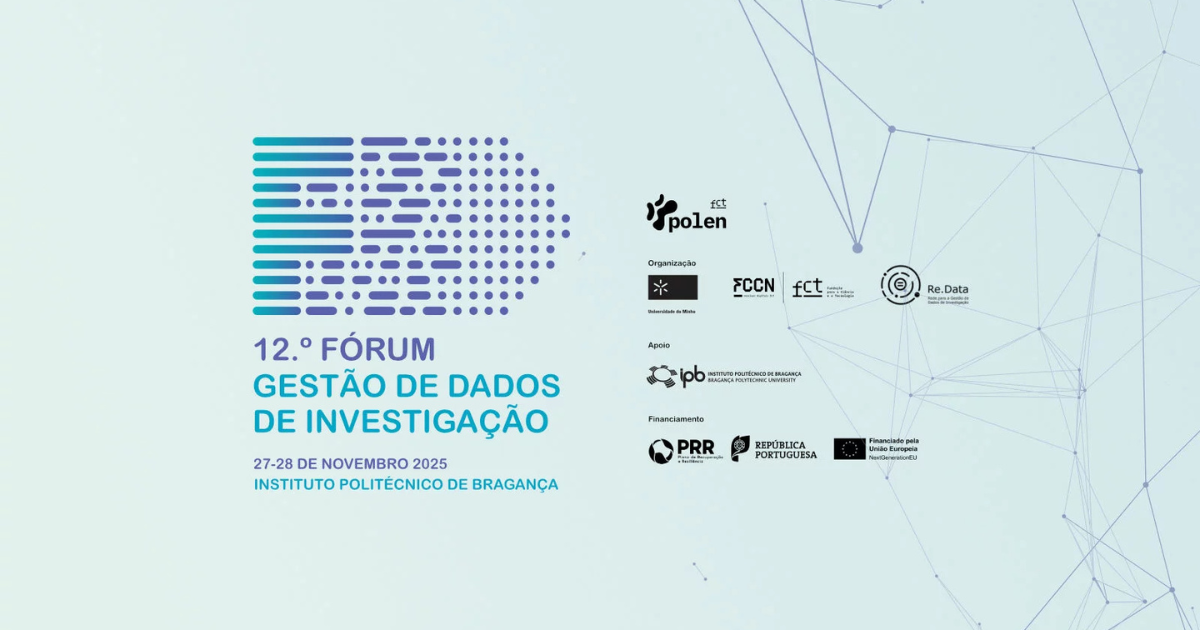In 2021 the Foundation for Science and Technology (FCT), Through the FCCN Unit, it once again recognized innovative research projects on information preserved by Arquivo.pt, with a total of €15,000 in prizes. Three projects were recognized for their use of historical information preserved by this service. Learn more about each of the projects.
The winners of the 4th edition
The big winners of the 2021 edition of the Prize are now known Arquivo.pt – the award that distinguishes innovative works that are based on information accessible through this service of the FCCN Unit and which preserves millions of pages collected from the web since 1996. In its 4th edition, this award aims to demonstrate the usefulness of Arquivo.pt, as well as reinforce the importance of preserving information published on the web.
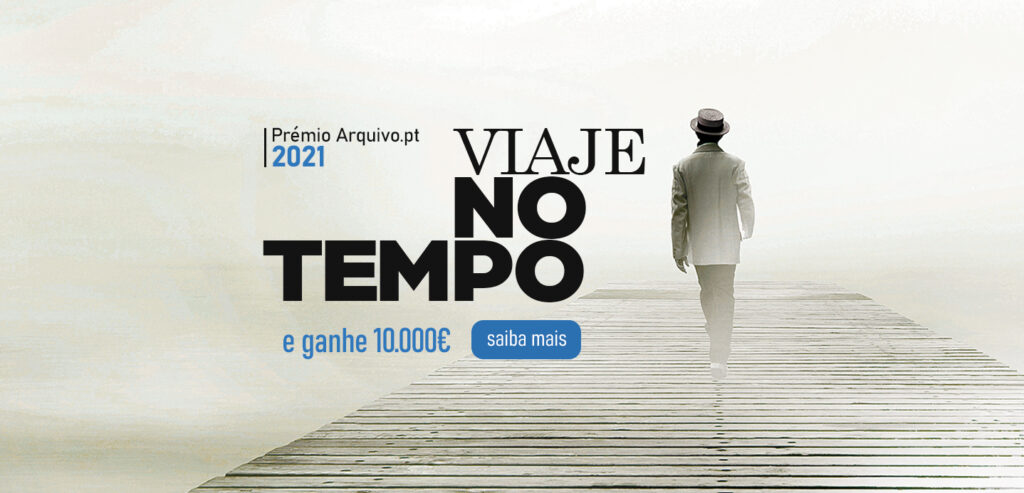
1st Prize | Major Minors
The big winner of the 2021 edition was the project "Major Minors," by Paulo Martins and Leandro Costa, which won a €10,000 prize. The platform created by these researchers from the University of Minho aims to map the representation of minority groups in the Portuguese media landscape. To this end, "Major Minors" consists of an ontological database that aggregates press clippings referring to social minorities. “In the future, we would like to expand [the platform],” Paulo Martins told the newspaper Público, alluding to the possibility of replicating the concept for other issues or applications.
2nd Prize | Politiques
The "Politiques" tool, created by David Batista, was awarded second prize (worth €3,000). The project consists of a platform that allows users to research relationships of support or opposition between personalities and political parties. These connections are established through the analysis of news headlines stored on Arquivo.pt. According to the author, the database includes approximately 1,400 Portuguese personalities affiliated with political parties and holding public office in Portugal, among others. “I thought Arquivo.pt had a lot of data and that the competition was open”, David Batista told Público, explaining the origin of the project.
3rd Prize | Front pages of Portuguese online newspapers
The third prize was awarded to the work “Newspaper front pages online Portuguese," by designer Susana Parreira, who received a €2,000 prize. As the name suggests, the project consists of a platform that performs an interactive analysis of the graphic design of the front pages of Portuguese online newspapers over time. The work also received an honorable mention awarded by media partner Public Newspaper. According to the author, the tool can be applied in research or in a classroom context.
This same project received an Honorable Mention award from our media partner, the Público newspaper.
What is the Arquivo.pt Award?
The Arquivo.pt Award, held annually, aims to promote practical applications or complete research studies. based on information accessible through Arquivo.pt, which demonstrate the usefulness of this public service and the importance of preserving information published on the web.
For this reason, the works may affect themes from any area (e.g. Education, History, Sociology, Communication, Health, IT), as long as this service is used as the main source of information.
To find out more, follow us on social media (Facebook and Twitter) or visit the page.
What is Arquivo.pt
Arquivo.pt is a research infrastructure that archives and preserves web pages published in Portugal since 1996 and offers an online search service that provides access to all archived information. The main objective of this FCCN service is to preserve information published on the web for memory, study, and research, with open access to the entire population.
With connections to the world of research illustrated by the presence of Arquivo.pt in Registry of Research Data Repositories, a platform used by international researchers as a source of open data, this service has been developing several activities to identify online data related to Research & Development (R&D) projects, so that they can be preserved systematically.
We recommend reading the article Arquivo.pt: The role of digital preservation in open science.

